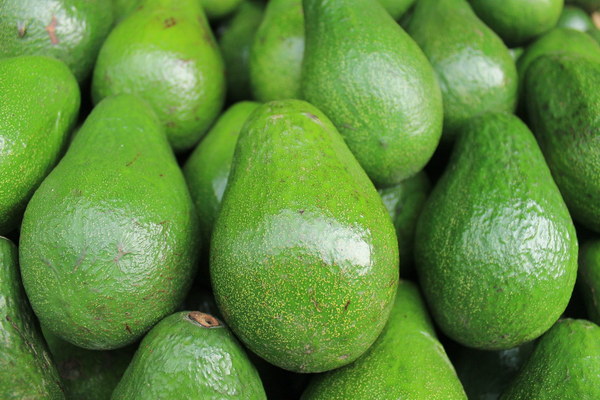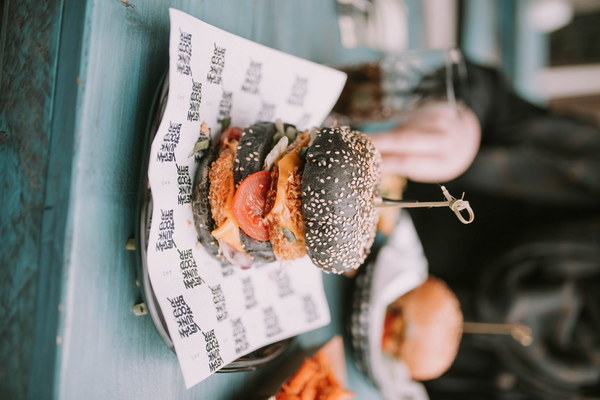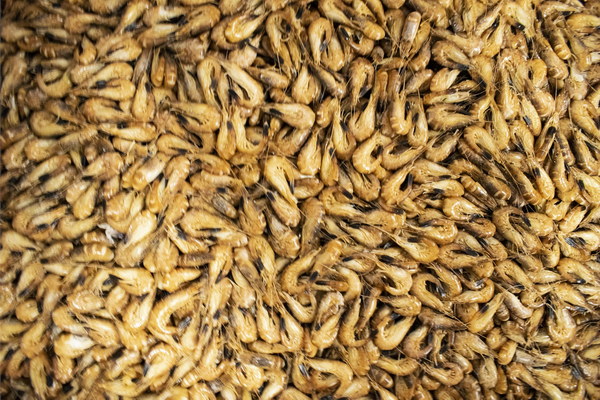The Power of Pre-Menstrual and Menstrual Nutrition Nourishing Your Body Through the Cycle
The Power of Pre-Menstrual and Menstrual Nutrition: Nourishing Your Body Through the Cycle

The menstrual cycle is a natural and essential part of a woman's life, yet it can often be accompanied by a range of physical and emotional symptoms. From bloating and cramps to mood swings and fatigue, the pre-menstrual and menstrual phases can be challenging. However, by understanding the importance of nutrition during these times, women can arm themselves with the tools to support their bodies and alleviate some of these symptoms. Here, we explore the power of pre-menstrual and menstrual nutrition, providing tips and insights to help women nourish their bodies through the cycle.
Understanding the Menstrual Cycle and Its Impact on Nutrition
The menstrual cycle is divided into four phases: the menstrual phase, the follicular phase, the ovulatory phase, and the luteal phase. Each phase has unique nutritional requirements, as the body prepares for ovulation, pregnancy, and the shedding of the uterine lining.
1. Menstrual Phase (Days 1-5): This is the phase where the uterine lining is shed, resulting in menstrual bleeding. During this time, the body requires additional nutrients to support the loss of blood and to help replenish iron stores.
2. Follicular Phase (Days 6-13): The follicular phase is characterized by the growth and maturation of the ovarian follicles. This phase requires a balance of nutrients to support hormonal changes and to prepare the body for ovulation.
3. Ovulatory Phase (Day 14): The ovulatory phase marks the release of an egg from the ovary. During this brief phase, the body needs nutrients to support egg maturation and to ensure proper hormonal balance.
4. Luteal Phase (Days 15-28): The luteal phase begins after ovulation and is characterized by the development of the corpus luteum, which produces progesterone. This phase requires nutrients to support hormonal production and to prepare the uterus for potential pregnancy.
Nutritional Tips for Each Phase
Menstrual Phase:
- Iron: Iron is crucial during the menstrual phase to replace the iron lost through blood loss. Foods rich in iron include lean red meat, poultry, fish, beans, lentils, and fortified cereals.
- Vitamin C: Vitamin C enhances iron absorption. Citrus fruits, berries, bell peppers, and tomatoes are excellent sources.
- Calcium: Calcium helps to maintain bone health and can also help with bloating. Dairy products, leafy greens, and fortified foods are good sources.
- Magnesium: Magnesium can help alleviate cramps and reduce bloating. Foods like nuts, seeds, legumes, whole grains, and dark chocolate are rich in magnesium.
Follicular Phase:
- Fiber: Adequate fiber intake can help regulate digestion and reduce bloating. Foods high in fiber include whole grains, fruits, vegetables, and legumes.
- Omega-3 Fatty Acids: Omega-3s are important for hormonal balance. Fish, flaxseeds, chia seeds, and walnuts are great sources.
- B vitamins: B vitamins, particularly B6 and B12, support hormonal balance. Foods like avocados, bananas, nuts, and seeds provide these nutrients.
Ovulatory Phase:
- Protein: Protein is essential for the production of hormones and to support overall energy levels. Lean proteins like chicken, turkey, tofu, and legumes are ideal.
- Water: Staying hydrated is important for overall health and can help reduce bloating.
Luteal Phase:
- Carbohydrates: Complex carbohydrates can help stabilize blood sugar levels and provide sustained energy. Foods like sweet potatoes, quinoa, and whole grains are good choices.
- Vitamin E: Vitamin E is an antioxidant that can help reduce inflammation. Nuts, seeds, and leafy greens are good sources.
- Zinc: Zinc supports hormonal balance and immune function. Foods like beef, pork, chicken, legumes, and seeds contain zinc.
Conclusion
By understanding the nutritional needs of each phase of the menstrual cycle, women can take proactive steps to support their bodies. Incorporating a balanced diet rich in essential nutrients can help alleviate some of the discomforts associated with pre-menstrual and menstrual phases. Remember, it's always a good idea to consult with a healthcare provider or a nutritionist for personalized advice and to address any specific concerns or dietary restrictions. By nourishing your body through the cycle, you can feel your best at every stage.









